When it comes to fertilizers for our garden, we all want them to be natural and helpful. Nutrients that are the main compound of fertilizers can be chemically or naturally derived. Most nutrients, for example, coco nutrients, are applied to the root system of the plant. They come in a liquid or granular form, or in a form of compost, or manure.
If you want your garden to double the harvest and grow faster, you may get lost in the number of nutrients on the market. Pay attention to the 3 main components usually indicated right on the pack of fertilizer:
- Nitrogen or N;
- Phosphorus or P;
- Potassium or K.
They must be listed on the pack with the numbers they are represented at. Read this article at The Architecture Designs to know the percentage of macronutrients inside. Pay attention to the number you need for your garden.
What Do Your Plants Ask For?
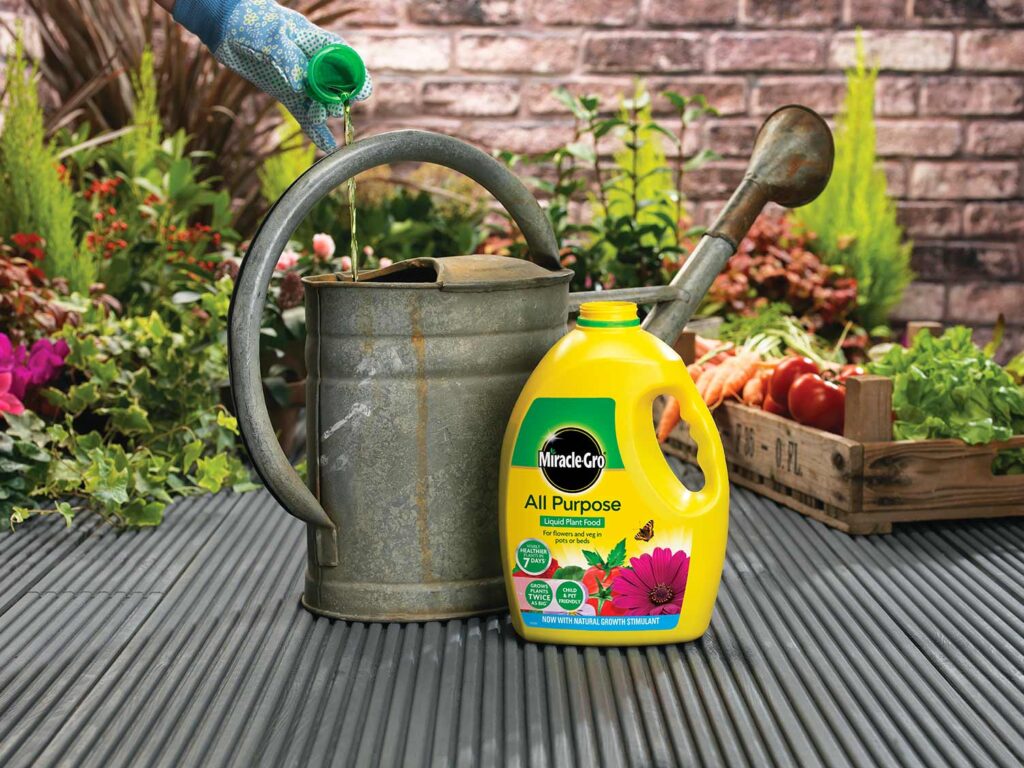
source: lovethegarden.com
There are 118 versatile elements and over 3800 minerals that are known to modern science. Don’t worry, your plants don’t need all of them. On average, they require just up to 20. And some of them are already in the air and water like oxygen, hydrogen, and carbon. This means that you have to find only 17 other nutrients and feed the soil with them.
These elements can be divided into 2 groups. The elements that must be fed in high doses are macronutrients, and you already know nitrogen, potassium, and phosphorus. Those components your plants need in smaller doses are called micronutrients:
- Macronutrients: potassium, phosphorus, nitrogen, sulfur, calcium, and magnesium;
- Micronutrients: manganese, zinc, iron, boron, copper, chlorine, molybdenum, sodium, silicon, cobalt, and nickel.
Choose the Soil
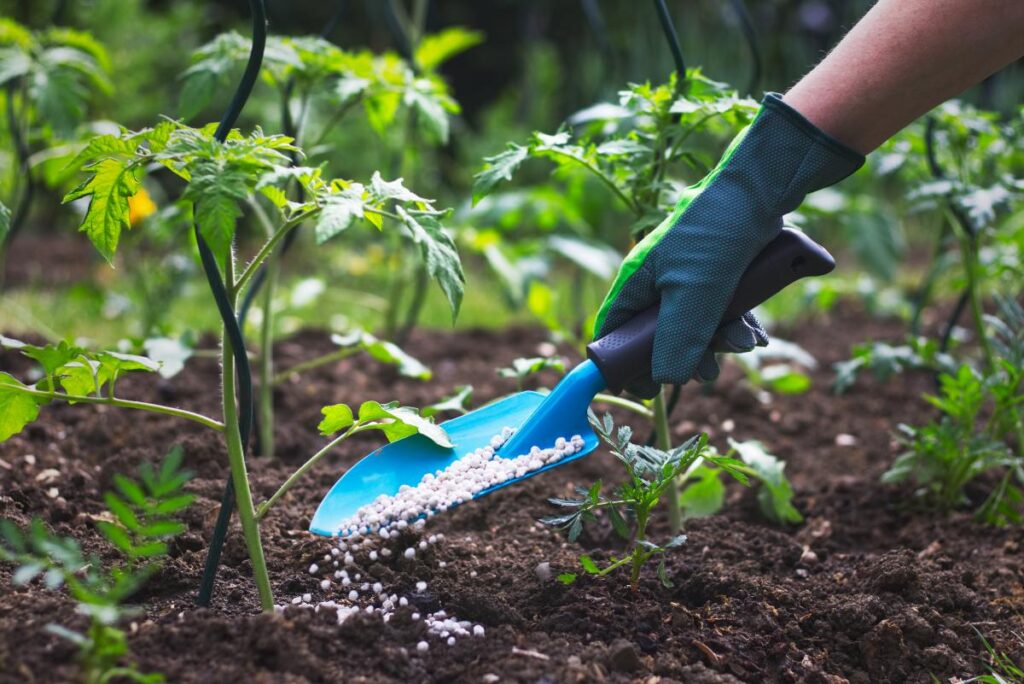
source: almanac.com
You can receive all these nutrients by using organic materials that can decompose, feeding the soil. You don’t have to buy all these compounds. Some inorganic objects like sand, rocks, and clay, can also provide your plant with the nutrients you need. Make sure the soil you plant in your garden contains some of the nutrients. Once your plants take all the nutrients from the soil, you have to replant them into new ones, full of useful substances.
Check the level of pH of the soil. It is crucial to know when you add phosphorus. This component has a limited number of pH. If you add more phosphorus to the soil with the pH that is wrong, you simply block this nutrient to the plant. This way, you can even dry up the root.
Top Sources of Nutrients
All the fertilizers you buy must be approved by the Organic Materials Review Institute. If you don’t want to buy fertilizers, you can use the following natural sources of nutrients. They are not on the list of the Institute, but you can be sure that they are all organic.
Fish liquid and emulsion
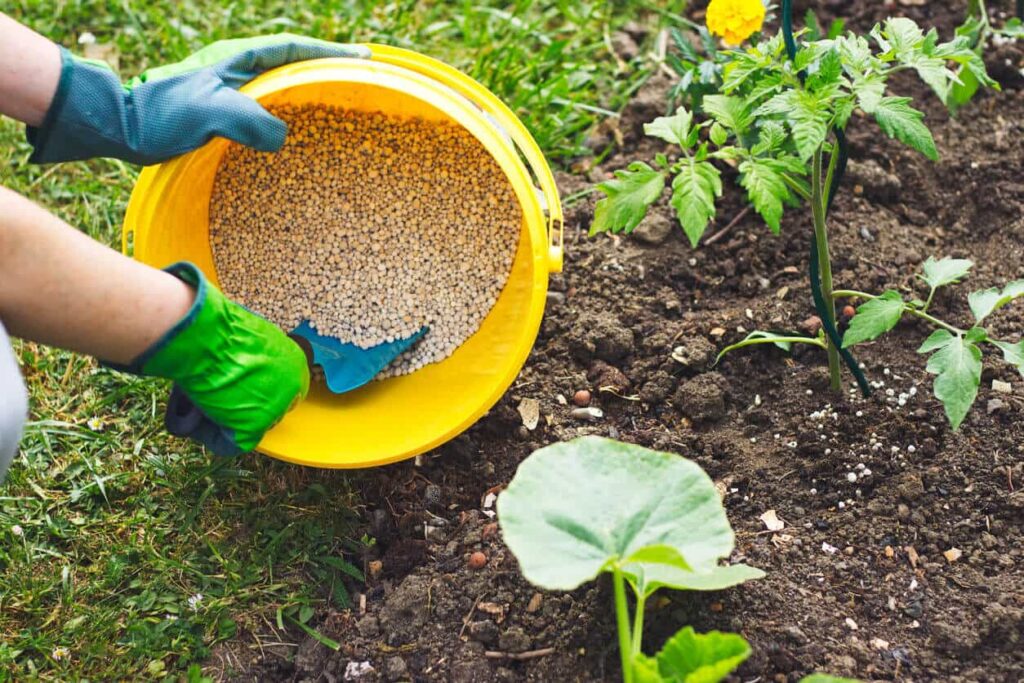
source: gardeningknowhow.com
Fish emulsion is made of the processed fish with the help of heat or sometimes acid. This fertilizer is stinky but extremely rich in NPK macronutrients with a ratio of 5-2-2. There is a hydrolyzed fertilizer from fish that is made of fish processed with enzymes. This option is not that stinky. Its ratio of NPK is 4-2-2.
Animal bones
If you don’t want to smell fish, you can try the processed bones of animals. They contain a high level of phosphorus. The usual ratio of NPK is 3-15-0. Pay attention that there is no potassium. This fertilizer contains calcium which your plants may require. Be careful with the high level of phosphorus, and check your soil’s pH. It must be 6.0-7.0.
Compost
This is another smelly but organic fertilizer. No matter whether you buy it or create it by yourself, compost is helpful for your plants. It improves the water-holding skills of the soil and helps it to release more nutrients into the roots of your plants. If you use composts with biosolids, make sure the amount of salts is not too high for your plants. NPK ratio is 2-1-1 on average, but it may vary based on components. Micronutrients are already a decomposed remedy. If it smells like ammonia, it is not ready yet.
Rock powder
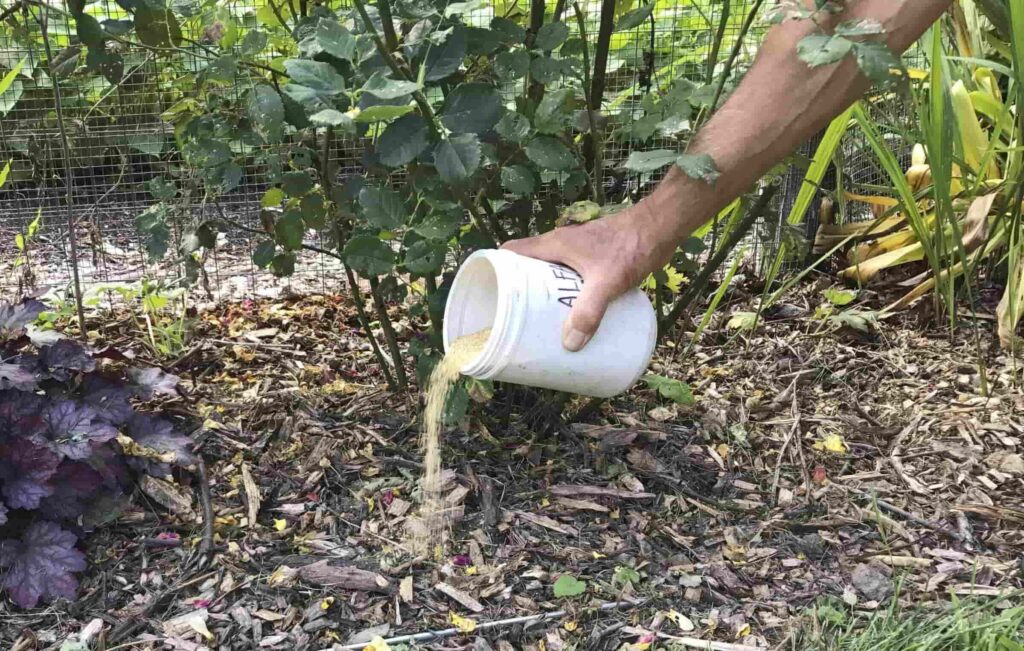
source: googleapis.com
Rock phosphate offers a source of phosphorus. Its NPK is 0-2-0. It is perfect for 6.0-7.0 pH soil and reveals all its useful abilities after one year of application. This fertilizer contains a high level of calcium as well.
Cottonseed
You need a cottonseed meal for your plants if they require nitrogen. The NPK ratio is 6-0.4-1.5. If you don’t see results right away, don’t worry. This fertilizer needs at least a few months to be fully consumed and processed by the soil, so it can finally give the nutrients to your plants. If you use pesticides on your farm and you want to make the cottonseed meal on your own, this can be a bad idea. You have to find the cotton that was raised without pesticides.
Blood
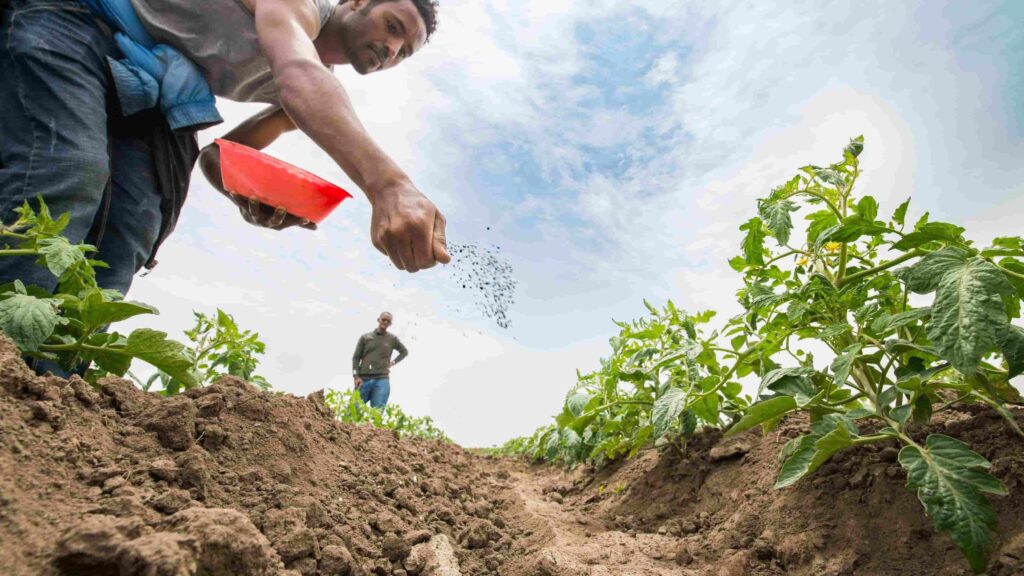
source: thespruce.com
You will find this byproduct on the slaughtering facilities. It contains a high level of nitrogen, so before you use it, make sure the soil requires it. The ratio NPK is 12-0-0. There is a high content of ammonia. Keep in mind that it can burn the root if you overuse it. Pay attention to the fact that blood may leave a stinky aroma for several weeks.
Feather fertilizer
Feather meal does not reveal its beneficial actions during the first four months. Only after that, you may find out that this fertilizer is an incredible source of nitrogen. The NPK ratio is 7-0-0. You can find this byproduct of the processed poultry on a farm, for example.
To Buy or Not to Buy
Almost all organic fertilizers that were named here can be easily received on your own farm. If you don’t have one, perhaps your friends or relatives can help you. There are ready made organic fertilizers that you can order online in a few simple steps. These fertilizers may be less smelly and more active. Make sure they don’t contain harmful chemicals before you buy them.
Organic food for your garden may require a longer “chewing” process, but in the end, you will receive the needed results with prolonged action. Organic fertilizers usually cost less and require fewer efforts to grow the garden. As a result, you receive plants that are healthy for you and your family and that do not cause any problems to the environment you live in.



